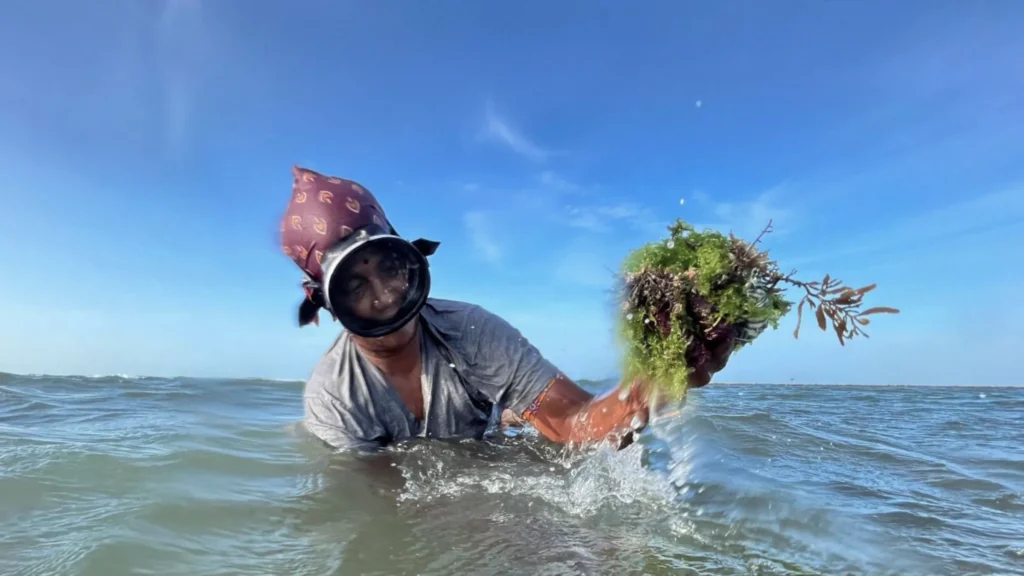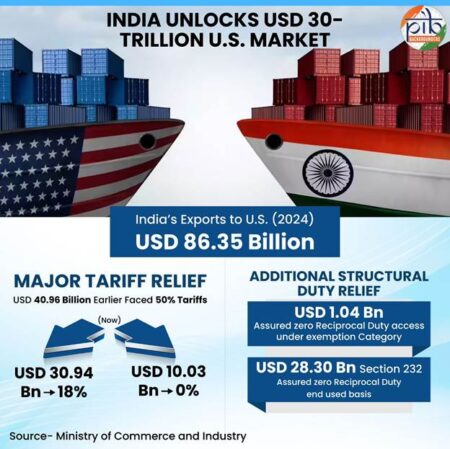New guidelines for live seaweed imports aim to boost India’s seaweed industry, supporting coastal growth and biosecurity.

The Ministry of Fisheries, Animal Husbandry, and Dairying has issued new Guidelines for Import of Live Seaweeds into India to advance seaweed enterprises and support coastal communities. These guidelines aim to stimulate economic growth in coastal villages, promote sustainability, and maintain biosecurity.
The guidelines will help Indian farmers access high-quality seaweed seeds by enabling imports of premium seed materials and germplasm for domestic growth. India’s seaweed sector, while growing, faces seed shortages and quality issues, particularly with Kappaphycus, a commercially valuable species.
Aligned with the Pradhan Mantri Matsya Sampada Yojana (PMMSY), these guidelines contribute to the government’s mission to raise seaweed production to over 1.12 million tonnes by 2025. Key projects under PMMSY include the establishment of a multipurpose seaweed park in Tamil Nadu with a total investment of ₹127.7 crore.
The guidelines outline a regulated process for live seaweed imports, including quarantine measures to prevent pests and diseases, risk assessments, and post-import monitoring. This responsible approach to seaweed cultivation is intended to safeguard environmental sustainability while boosting economic growth.
By encouraging new seaweed strains, the guidelines support research and development, leading to increased production of red, brown, and green algae varieties. The expanded range of species will help develop downstream processing enterprises, creating additional livelihood opportunities in coastal villages and contributing to India’s exports.
To import live seaweed, applicants submit a detailed request to the Department of Fisheries, reviewed by the National Committee on Introduction of Exotic Aquatic Species into Indian Waters. Upon approval, an import permit will be issued within four weeks, expediting the entry of quality germplasm into India.
The guidelines establish a robust regulatory framework for seaweed imports, promoting responsible, efficient, and safe practices. The Department of Fisheries encourages stakeholders—including researchers, entrepreneurs, and farmers—to leverage these new guidelines and support the growth of India’s seaweed industry.











